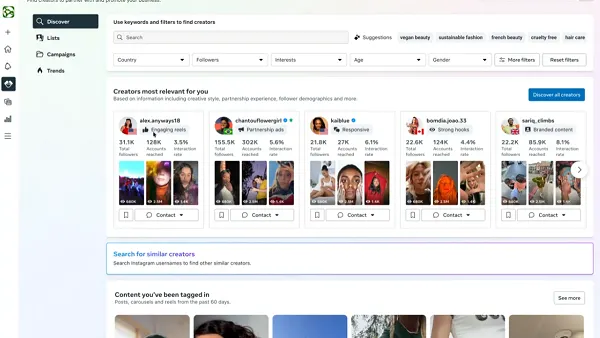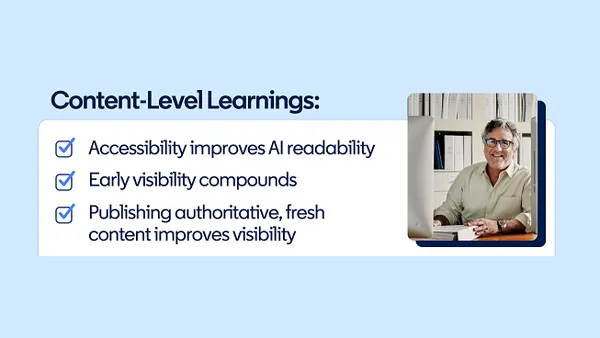Alright, so here's the deal, what we call "corporate participation" online can be incredibly valuable, and hell, at times, even a little fun, but it's a messy, messy art. A few recommendations to consider if you're a marketer about to dig into the new trenches of business:
First, remember, it's about the purposeful conversation.
Too many bloggers, too many book authors and too many expert speakers have over-inflated the value of the proverbial "online conversation." For that, I'm guilty too. The plain truth is that some conversations are indeed important for your business, but let's face it, many of them are not.
As social technologies and tools saturate every corner of the web, you've got to be painfully realistic about calculating where you spend your time, energy and money â€" and making sure you're purposefully investing it in those conversations where you'll likely see the best return. For some, that return is a relationship formed, for others it's the substantiation of a position or the change of an opinion. You have to decide.
Second, it's about finding contextual conversations.
Over the last several years, I and many others have advised folks to simply seek out conversations about their clients, companies or products, and to watch and engage in this dialogue as appropriate. Do I still think this is a good practice? Yeah, sure, I think monitoring for mentions is pretty important, but I think we all need to take a step forward and look at conversational contexts much more closely.
Finding on an on-topic conversation is very, very easy, nowadays, however, determining which conversational context will *likely* illicit a desired action (e.g., a purchase, a recommendation, etc.), is much, much more difficult, but critical for those companies who want to squeeze the most value from their efforts.
For example, if you're a consumer tech company, I'd be looking at the context of brand-related discussions and reviews on Amazon, with *a lot* more interest, intensity and priority than, say, most of the random blog posts and comment trails that might surface. Why? Because the conversations happening on Amazon are far more likely to influence opinions and perceptions and ultimately, the decisions of would-be buyers given the context and purpose for people visiting Amazon in the first place (i.e., they're researching, they're shopping...)
Again, keep in mind, participating online is a messy business, and navigating the mores takes a lot of time and patience and most importantly, a steady focus on what you're hoping to accomplish. Sadly, most companies aren't capable of throwing a lot of weight and resources behind these efforts (right now), which is why focus is so important.
Also, remember, there's no single way of doing this successfully, but hopefully this gives folks in the trenches a little something to chew on....
Link to original post









